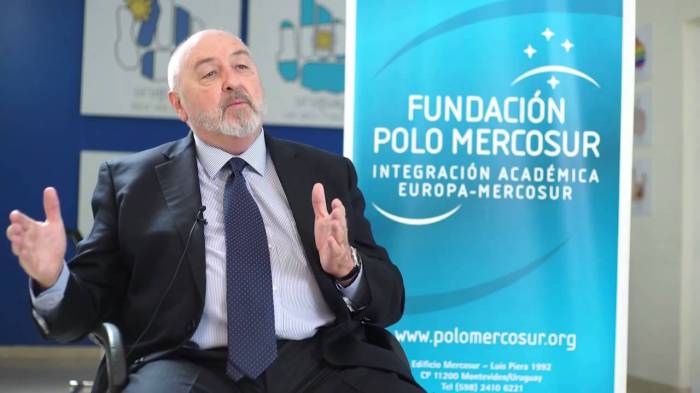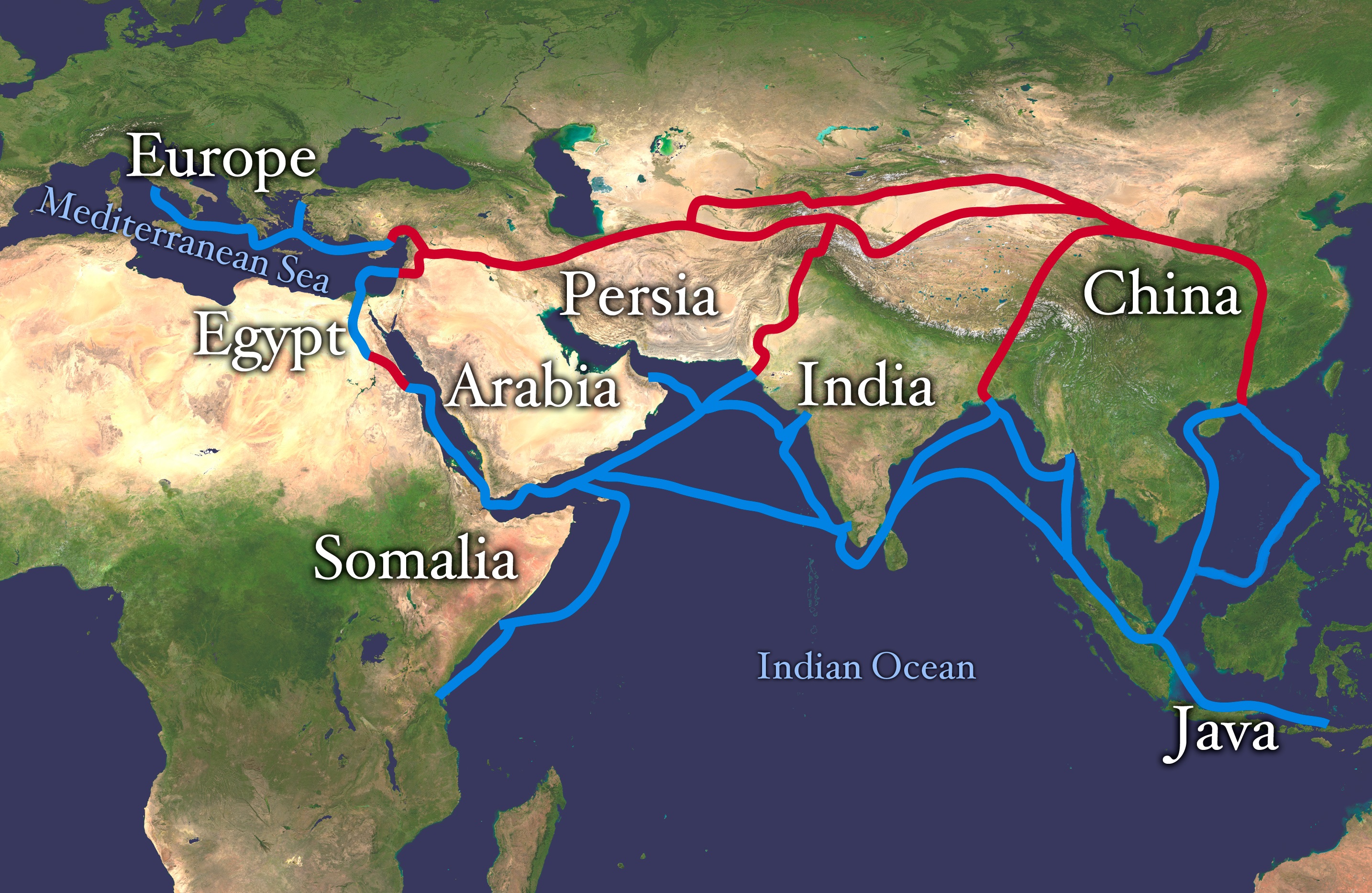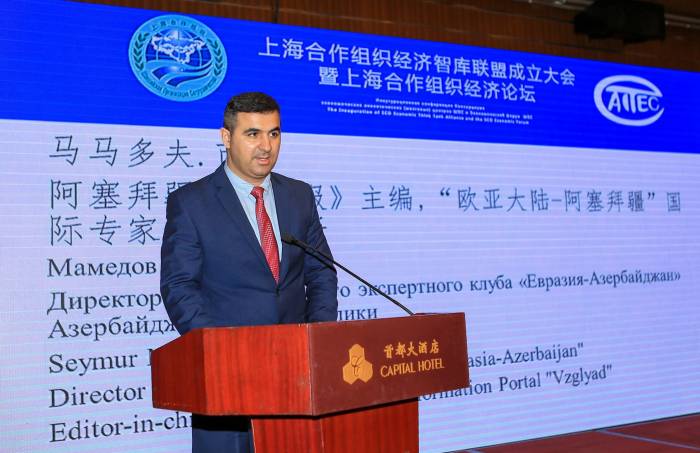Western alliance is being displaced by the emergence of new centers of geopolitical gravity

By Andres Serbin
The restructuring of power relations on a global level, with the emergence of China as a global player and as one of the largest economies in the world, and the increasingly proactive and assertive Russia´s role in world affairs, became a game changer.
The Atlantic/Western alliance is being displaced by the emergence of new centers of geopolitical gravity. Particularly the strategic convergence between China and Russia is creating a new powerful pole in Eurasia, threatening the traditional hegemonic role of the United States, and developing a strong institutional network through the SCO, the EAEU and the BRI. Within the current geopolitical dynamics on the world stage, US influence is being undermined and there are clear signs of the retreat, under Trump´s administration, of the United States in different regional scenarios.
However, this retreat – amidst the increasing tensions between the Western and the Eurasian poles which are characterized by some analysts as a new Cold War without the ideological components of the first one – drives the US to maintain and strengthen its influence in the Western hemisphere and to contain any attempt by emerging or reemerging powers to intrude in its “backyard” – Latin America and the Caribbean. Within this framework, US concerns are more related to Russia or China making geopolitical inroads in the region, than competing with Washington´s economic interests. Eventually, the more conservative sector of Trump´s administration identifies the “troika of evil” (Venezuela, Cuba and Nicaragua) in LAC as part of the alliances that could help to increase geopolitical influence by China and Russia in the region, threatening US interests.
Within this framework, LAC should continue diversifying their international relations and increasing their autonomy. At a previous stage, regionalism was perceived as an answer to this need. However, changes in the regional political map and in the international environment are driving Latin American and Caribbean countries to search other ways of addressing those issues, with more flexibility and opening to other regional economic arrangements – as in the case of the EAEU or the long time delayed EU-Mercosur agreement. Due to internal asymmetries and fragmentation in LAC is difficult to envision, within this context, a collective response, in the short term, to the need of a better insertion in world economic and political affairs.
But the possibility of putting together different interests for channeling collective responses is mainly associated with the ability to identify new modalities for regionalization, as most of the organizations currently in place – from Mercosur to CELAC, should be redesigned, reshaped and reoriented in their goals and priorities to adapt to a new and changing international environment. If LAC can overcome its internal differences and the development challenges imposed by economic and technological transformations and can build a stronger, more effective and pluralistic collective voice, the region can become an important international player and, simultaneously, contribute to an equitable development of its societies.
But one of the main components of a regional strategy to reach those objectives is to develop a thorough understanding of the role of new actors in the international system – both in terms of powerful states and emerging regions – and to deepen the knowledge about nations that traditionally were – geographically and culturally far from Latin American and Caribbean countries.
The author is Andrés Serbin is an anthropologist who holds a Mg. Scientiarum in Social Psychology (USB, 1981) and a Doctorate in Political Science (UCV, 1987) and is currently the President of the Coordinadora Regional de Investigaciones Económicas y Sociales (CRIES), and an elected Councelor of the Argentine Council of International Relations (CARI). As CRIES President que ran programs and projects in Central America, Cuba, Venezuela and the Southern Cone. He is a founding member and former Chair of the International Coalition for the Responsibility to Protect (ICRtoP) and of the Global Partnership for the Prevention of Armed Conflict (GPPAC). He is a founding member and current President Emeritus of the Venezuelan Institute of Social and Economic Research (INVESP). He retired as Full Professor at the Central University of Venezuela in 2001. He has been Visiting Professor at several universities in the United States (Harvard, Wharton School and FIU), in the U.K. (Warwick) and in France (Sorbonne III; Aix-en-Provence; Guadaloupe). He also served as Adviser to the Ministry of Foreign Affairs in Venezuela (1991-1993 and 1997-1999) and Director of Caribbean Affairs with the Latin America Economic System (SELA) (1995-1997), where he previously prepared several studies on the relations between Latin America and the USSR He has authored several books and more than 30 collective volumes both in Spanish and English, and published more than 200 academic articles in Spanish, English, French, German and Russian. His most recent edited volume is “Latin America and the Caribbean facing a New World Order” (Buenos Aires: CRIES-ICARIA) and is currently working on a book on the relations between Eurasia and Latin America and the Caribbean.
Similar articles
Add
Comments (1)
Add comments







